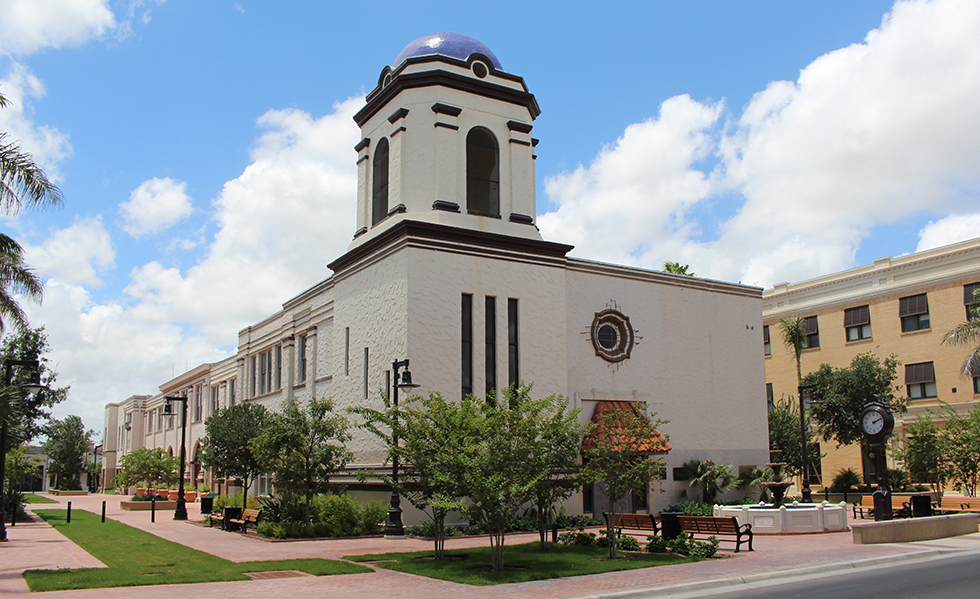
As much history as a place like Brownsville has can be tough to track.
Nonetheless, the Brownsville Historical Association has undertaken the task of inventorying, cataloging and digitizing the thousands of photographs and documents that comprise its archives, housed in the fire-proof, flood-proof vaults of Market Square occupied by city offices long ago. The archives will be closed while all this is going on, and it could take a while, said BHA Executive Director Tara Putegnat.
“We might be able to reopen that within a few months,” she said. “It’s just we have had some staff shortages.”
It’s very time consuming managing the archives in their current state, and not really viable without enough staff, which prompted BHA’s decision to upgrade, update and modernize, Putegnat said. It’s not a small undertaking straightening out the archives, which are used mostly by students or others doing research for articles or books about the city, and who pay a fee for access to the resource, she said.
“It’s pretty daunting I must say,” Putegnat said. “It’s a lot of photos and just individual pieces of paper. And then we’re also redoing the archival center. We’re hoping to open a research center there, where people can actually come down there and sit down at a computer and do research. That’s under construction, which is part of the reason why we’ve had to put it on hold. … You also want them to be able to (access) it at home, after the whole COVID situation.”
A digitized collection also takes less time to manage, she said. Putegnat said BHA is in the process of going out for grants to pay for digitizing, which will likely cost somewhere in the neighborhood of $20,000.
“We feel like we would also be able to provide a better service if the collection was digitized and easily accessible through our website or some other portal,” she said.
Putegnat said the plan is for the research center, which she described as “basically a library of sorts” and which could take a year to complete, to have regular hours instead of being open by appointment only. Another part of the task at hand entails establishing BHA’s ownership of everything in its archives, such as most research centers and universities do, she said.
“Of course we want to be able to provide that material to the public, but for BHA’s purposes we would hold the copy right, so we would need to just control that better as far as what’s posted online or what’s printed, stuff like that,” Putegnat said.
She asked for the public’s patience while the archives are off limits.
“We hope to open again soon and provide a better service,” Putegnat said . “I realize it’s an inconvenience for some, but in the end I think the result people will really enjoy.”
Meanwhile, BHA’s Water/Ways Smithsonian exhibit has been extended through Nov. 27. Water/Ways features a selection of photographs, objects, film audio and interactives to explore the endless motion of the water cycle, water’s effect on landscape, settlement and migration, and its impact on culture and spirituality, according to the Smithsonian.
The traveling exhibit is one the Smithsonian’s Museum on Main Street program puts together to be affordable for small museums, Putegnat said, describing it as essentially being about “everything that water means to humanity.”
“We’ve been on a waiting list for about two years for this, so we’re excited to have it,” she said. “It’s our first one.”
The Water/Ways exhibit can be viewed Tuesdays through Saturdays from 10 a.m. to 4 p.m. at the Historic Alonso Building, 510 E. St. Charles St.



